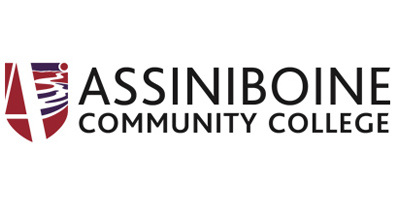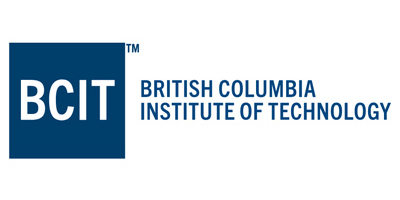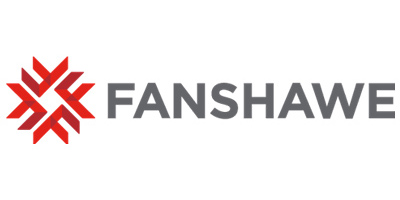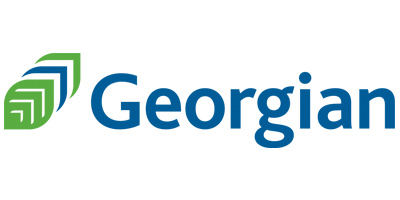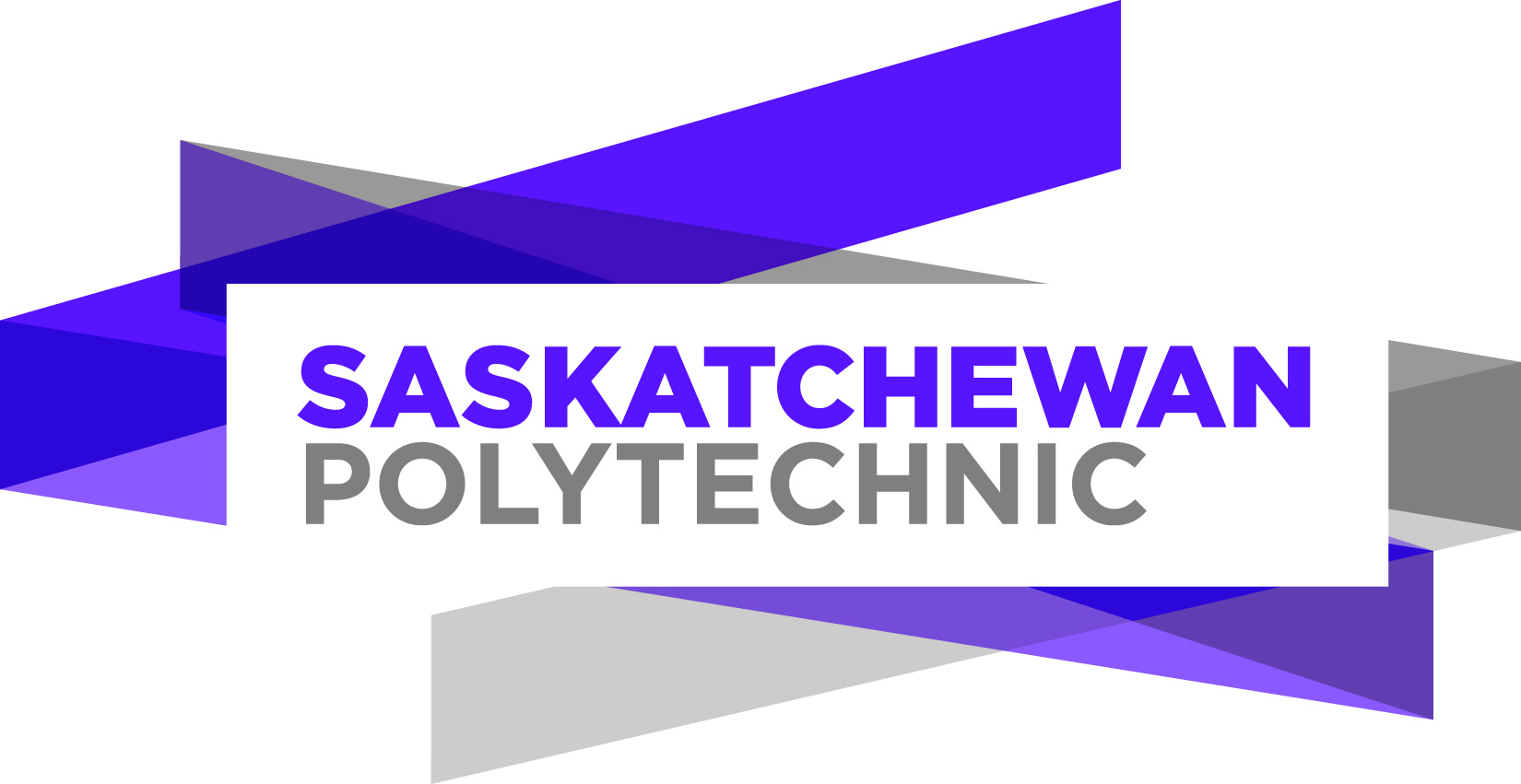What you can do:
- Establish a clear process and criteria for selecting apprentices for your business.
- Aim to have diverse representation on the interview panel to minimize bias.
- Keep candidates updated and informed on your timeline.
- Be clear when you communicate the steps of the hiring process.
- Notify candidates if you are no longer considering their application.
- Before the interview, provide diversity training to interviewers to prevent unconscious bias and encourage inclusion.
Tips for Hiring Apprentices
Selection Criteria
Establish criteria for selecting diverse apprentices based on their skills, experience, and potential. While experience is important, attitude and eagerness to learn are just as crucial.
Look for candidates willing to invest time and effort to learn the skills necessary to become skilled trades professionals. Inclusive hiring processes widen your candidate pool by actively recognizing and cultivating a more inclusive and dynamic workforce.
Skills Assessments
Consider practical skills assessments as part of the selection criteria to evaluate candidates’ technical abilities and level the playing field. These assessments should be relevant to the specific trades and reflect the skills required for the apprenticeship.
Selection Process
By implementing an inclusive selection process, you can create opportunities for a new pool of candidates and build a skilled and representative workforce that reflects the broader community.
Communicate the evaluation criteria to all candidates at the beginning of the selection process. This transparency helps applicants understand how they will be assessed and ensures fairness and accountability.
Interview Panel Selection
Aim to have diverse representation on the interview panel to ensure a range of perspectives and minimize bias. Including individuals from different backgrounds and experiences can help identify the potential for cultural fit and diversity of thought.
Provide training to interviewers on unconscious bias, diversity, equity, and inclusion to help interviewers recognize their own biases and adopt inclusive practices during the selection process.
Interviews
Conduct structured interviews using a predetermined set of questions for all candidates. This practice helps ensure fairness and consistency and reduces the potential for bias.
Remember that interviewing can cause anxiety for many candidates. Some tips to put candidates at ease are:
- Encourage candidates to take notes and ask questions throughout the interview.
- Ask open-ended questions.
- Ask candidates to share their stories and examples of work experience.
- Engage in conversation to test soft skills and “fit” with your business.
- Allow candidates time to answer your questions.
Debrief with the hiring panel to share notes and thoughts on the candidate’s response to your structured interview questions and overall fit for the position and your business. Make a strong decision together.
Check References and Backgrounds
It’s important to note that reference checks and background screenings should be conducted in a fair and consistent manner, treating all candidates equally. Ensure you follow legal guidelines and adhere to any industry-specific regulations related to background checks and privacy.
Remember that these checks are meant to verify information and mitigate risks. However, it’s essential to consider the context and allow candidates to provide explanations or additional information if any discrepancies or concerns arise.
Prepare Offer Letters
Clearly outline the position’s responsibilities, compensation, benefits, and start date in the offer letter. Also, include any probationary periods, if applicable, and specify the terms of employment.
Remember to maintain open lines of communication with the candidate throughout the process, being responsive to any questions they may have. Adapt the offer letter to comply with specific legal requirements or regulations in your province or industry.
Hire Packages
Preparing hire packages that include the necessary legal documents and collecting relevant personal and employment information is essential. By preparing comprehensive hire packages and collecting the necessary information and documents, you can ensure that the onboarding process for apprentices is efficient, legally compliant, and sets clear expectations for both the apprentices and the employer.
Registering your apprentice with your provincial authority
Apprenticeship Agreement
A formalized apprenticeship outlines the roles and responsibilities of apprentices, mentors, and managers.
Click on your province for essential information on registering your new apprentice with the provincial authorities across Canada.
What is inclusive hiring, and why do I need to do it?
What is inclusive hiring, and why do I need to do it?
Inclusive hiring refers to the practice of actively seeking and considering candidates from diverse backgrounds, experiences, and perspectives during the recruitment and selection process. It aims to create a workforce that reflects the diversity of society and promotes equal opportunities for all individuals, regardless of their race, gender, age, disability, sexual orientation, or other characteristics.
Adopt inclusive hiring practices to expand your candidate pool and access a wider range of skills, perspectives, and talents, fostering creativity, innovation, and a more equitable society
What training should I offer my interviewers to prevent unconscious bias and encourage inclusion?
Providing comprehensive training on diversity and inclusion topics will help interviewers understand the value of diversity and the benefits of creating an inclusive workplace. This training can cover cultural competency, unconscious bias mitigation, and strategies for using inclusive language to create a more respectful and welcoming interview.
Using behavioural-based questions allows interviewers to evaluate candidates better based on their demonstrated skills, abilities, and behaviours rather than relying on subjective judgments or assumptions.
How can I establish a more relaxed setting to get to know candidates?
Try to create a more relaxed environment by beginning the interview with a friendly introduction and engaging in small talk to establish a personal connection. Aim for a more conversational style interview instead of following a rigid question-and-answer format. Actively listen to their responses, ask follow-up questions, and allow time for the candidate to ask you questions.
Consider alternative interview formats such as panel interviews, group discussions, or meetings on the job site. Remember, the goal is to create a comfortable and open environment that encourages candidates to authentically showcase their skills and personality. By implementing these strategies, you can better understand candidates and make more informed hiring decisions.
Do I have to complete a background check on every apprentice I want to hire?
It is your decision whether to conduct background checks or not. Your decision should be based on a careful assessment of your business needs and legal requirements.
It is important to note that reference checks and background screenings should be conducted in a fair and consistent manner, treating all candidates equally. Ensure you follow legal guidelines and adhere to any industry-specific regulations related to background checks and privacy.
Even if not legally mandated, conducting background checks on apprentices can be a prudent step to ensure the safety and security of your workplace. It can help mitigate potential risks and identify any red flags that may impact an individual’s suitability for an apprenticeship role.
Do I have to complete the apprenticeship agreement paperwork before the apprentice starts on the job?
Yes! The apprenticeship agreement is a legal document that outlines the terms and conditions of the apprenticeship, including the responsibilities of both the employer and the apprentice. Completing the apprenticeship agreement paperwork before the apprentice starts on the job ensures that both parties are clear on their obligations and expectations from the beginning. You help establish a strong foundation for the apprenticeship program and ensure compliance with the applicable regulations and requirements. Make sure to consult with your provincial trade authority to obtain the necessary forms and guidance on completing the apprenticeship agreement per your area’s specific regulations.


